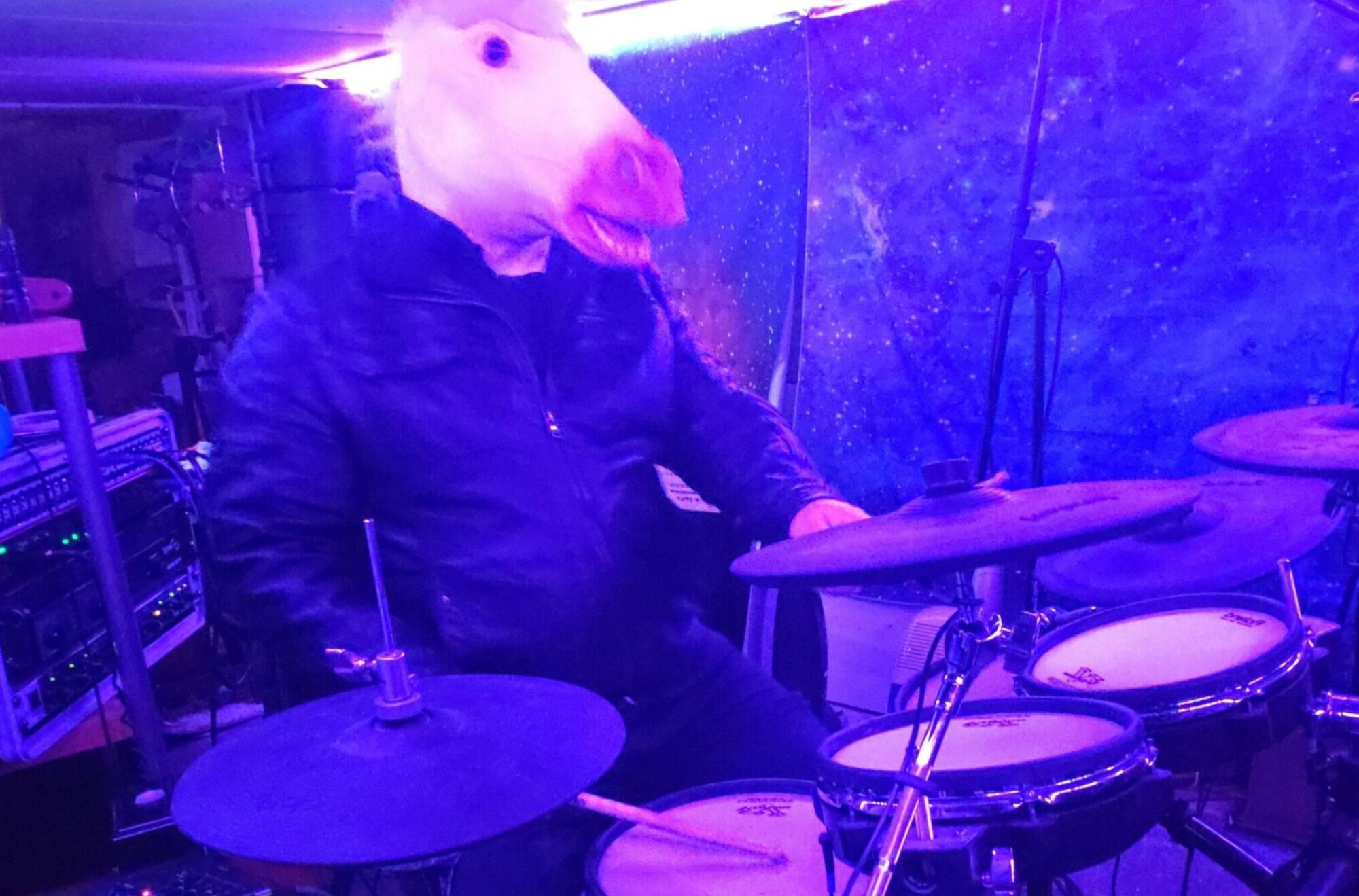I’m talking about anxiety. I’m not an expert, so don’t take anything I say here as advice.
I’ve always been pretty bad at remembering names, and abstract numbers, dates, codes, measurements, etc. This is bad when I’m talking to other musicians, who are usually gear heads and love to talk about how many watts or the size of drum heads or brand names. It gets embarrassing. But on the other hand, I’m very good at logic, concepts, metaphors, techniques, and coordination. So, I’m going to keep playing drums, and I’m not going to try to be a publicist any time soon. If you’re an industry person, you need rote memorization skills–which frankly I lack. I could tell you how things work until I’m blue in the face, but don’t ask me about the names of those things. So, I know my limits, and I continue to work on improving my memory of equipment specs, as well as your name. But for the time being, I tend to avoid situations where I have to be an equipment junky, and that often puts me at a frustrating disadvantage. Oh well, I have other advantages, and I just keep reminding myself to focus on the right things and be happy with that. Trust me, I get really frustrated about forgetting your name, even after asking you 3 times. But things would be a lot worse if my livelihood depended on it.
As I mentioned in a previous post, I played trumpet for 8 or 9 years, but the time came when I realized that I felt more comfortable behind a drum set. I was able to learn at a quicker rate than the trumpet, and it felt good to be able to keep up with my fellow musicians. So, I finally made the switch.
Similarly, I’ve experienced some decent anxiety in my software career. There can be a lot of pressure, and a lot of competition. I think the worst anxiety I’ve experienced in the past was in tough meetings or when giving presentations. For me, the more I prepare the less anxiety I feel. But one of the things I did recently was switch to a position where I’d experience less anxiety. It’s been great. I’m going to try to continue down this new path.
I think I put up with it for a while because I thought it was to be expected. But I’ve come to realize that it doesn’t need to be expected. I don’t have put up with it simply because that’s the environment I’m in. In fact, I can just choose not to engage in those situations that are the most troubling. And I can engage in ways to reduce stress and anxiety. Being nervous is normal. But heck, why submit myself to those situations over and over if I don’t have to? Luckily, I rarely get nervous playing drums. Musical performance actually recharges me, and that feeling really puts the rest of my life in perspective.
But here’s something tough to think about. If you suffer from performance anxiety, then consider the physiological ramifications down the road. Perhaps it’s time to take a moment to think about what makes you nervous, how nervous you get, and if there are ways to reduce anxiety. Or even stop doing the things that cause it. Everyone feels a little nervous on stage, but maybe it’s not right to be really nervous night after night. Maybe there are alternative ways to engage in your art.
